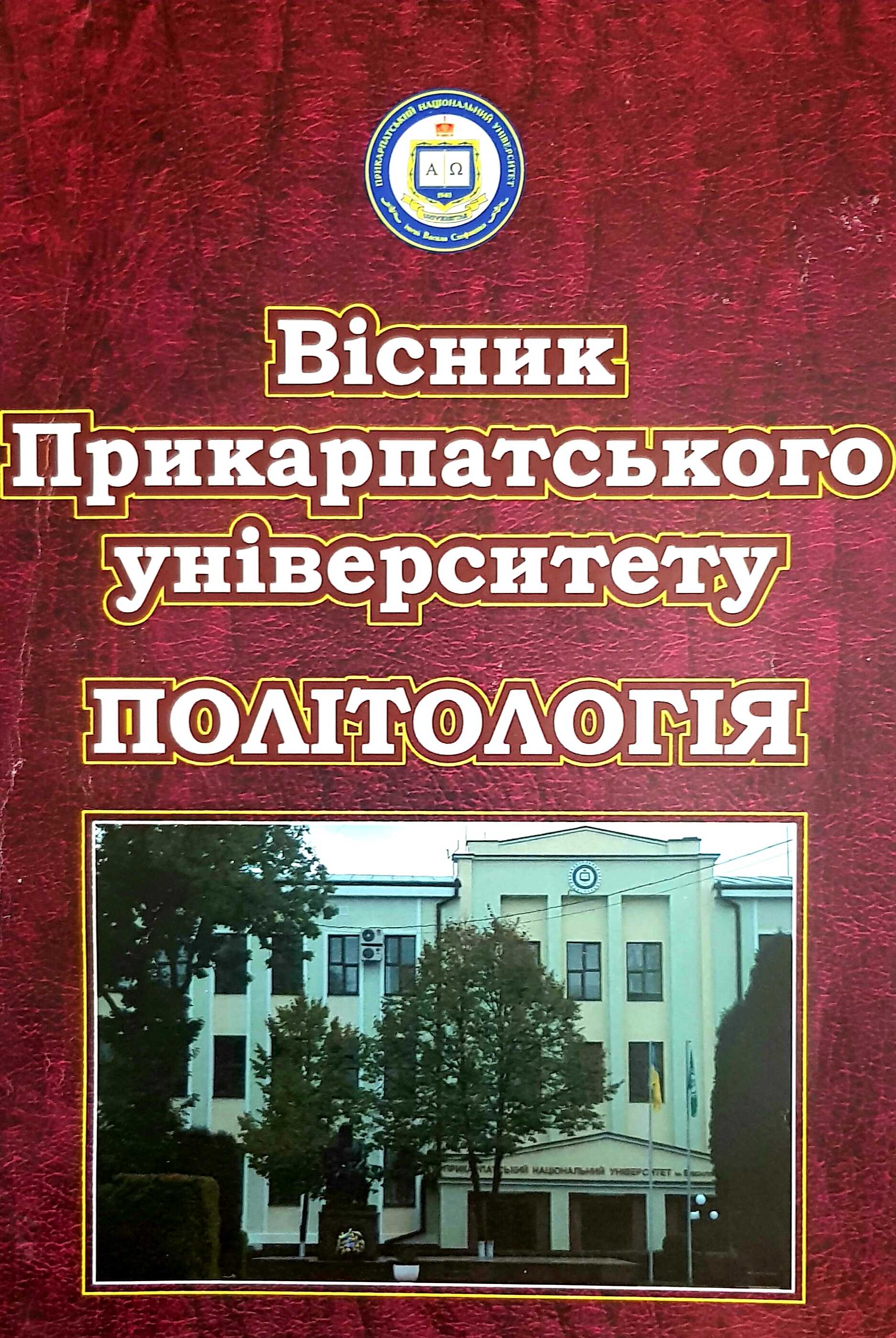Still nationalism or already separatism: political and legal comparison of terms
Keywords:
separatism, nationalism, self-determinationAbstract
The article considers various approaches to the interpretation of the concepts of "separatism" and "nationalism" as a phenomenon of socio-political life. Based on the scientific analysis of political science and jurisprudence, the theoretical principles for defining the concept of "separatism" and "nationalism" are objectively considered, as well as their similarities and differences in terms of political science and jurisprudence approaches.
Nowadays, there are almost any monoethnic states in the modern world, nationalism often becomes the basis for a radical policy of some ethnic groups who are seeking to gain more rights or even separate from the titular state and create their own, which, one way or another, creates a new trend in international relations - separatism. It is the frequent misunderstanding of the etymology of these concepts and their definitions that causes
problems with the correct political and legal interpretation and the development of a unified national policy within individual states and institutions.
Misunderstanding of the concepts of "separatism" and "nationalism" can lead to ill-considered and unfocused ethno-national state policy, which, nevertheless, is a potential threat to the national interests of any state.
In the modern world, the pursuit of national equality and consciousness is extremely common. The processes of globalization are opposed by nationalist and sometimes separatist movements, slogans and parties, which have become a reaction to the blurring of borders between states. Under such conditions, states partially lose their sovereignty, which is the historical heritage of each of them. Nationalist parties, which take the majority of votes in the parliamentary elections of a number of European countries, show that national self- identification has become a new trend in the development of international relations.
However, separatism has often been another so-called reaction to globalization.
Separatist slogans have already taken a prominent place in the politics of certain movements, parties, and sometimes the governments of certain historically "separatist" regions. Recent events in Catalonia make it clear that the issues of nationalism and separatism are often interlinked, sometimes they continue each other, and sometimes so incomprehensible that they are confused with other concepts - "patriotism", "national interests", etc. Therefore, it is necessary to understand where the line between the concepts of "nationalism" and "separatism" is, what they have in common and what is different.


